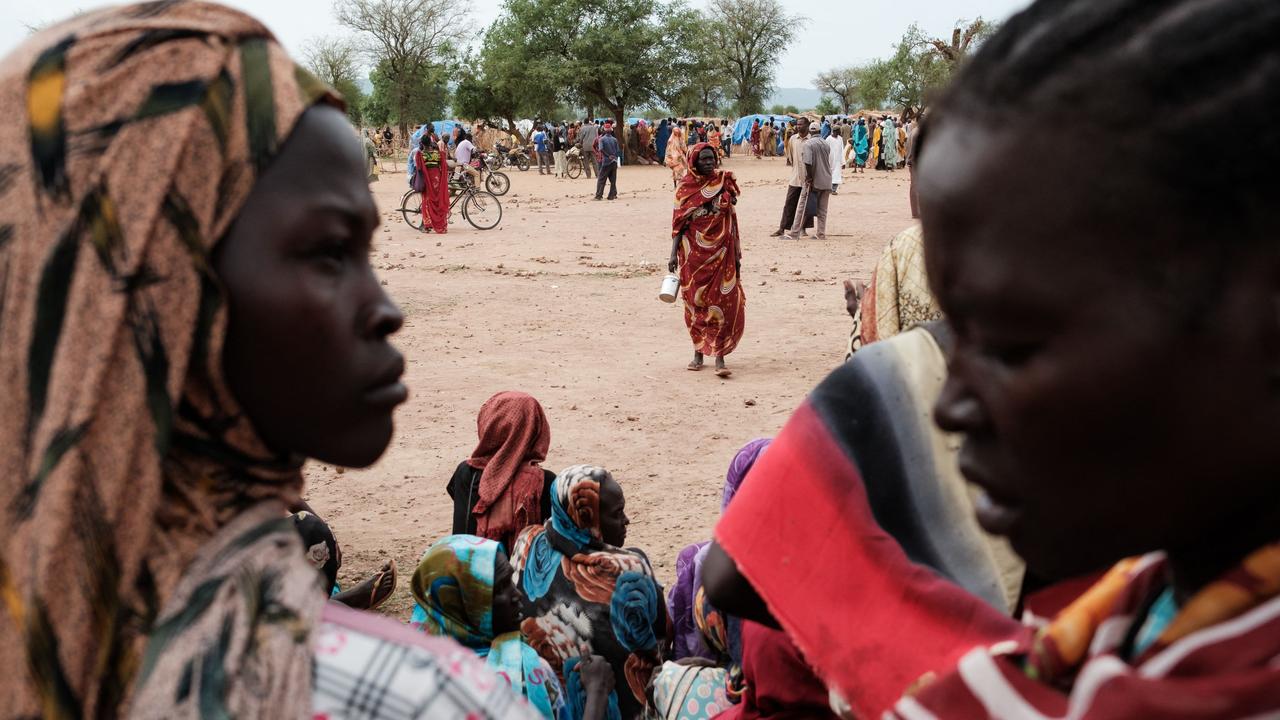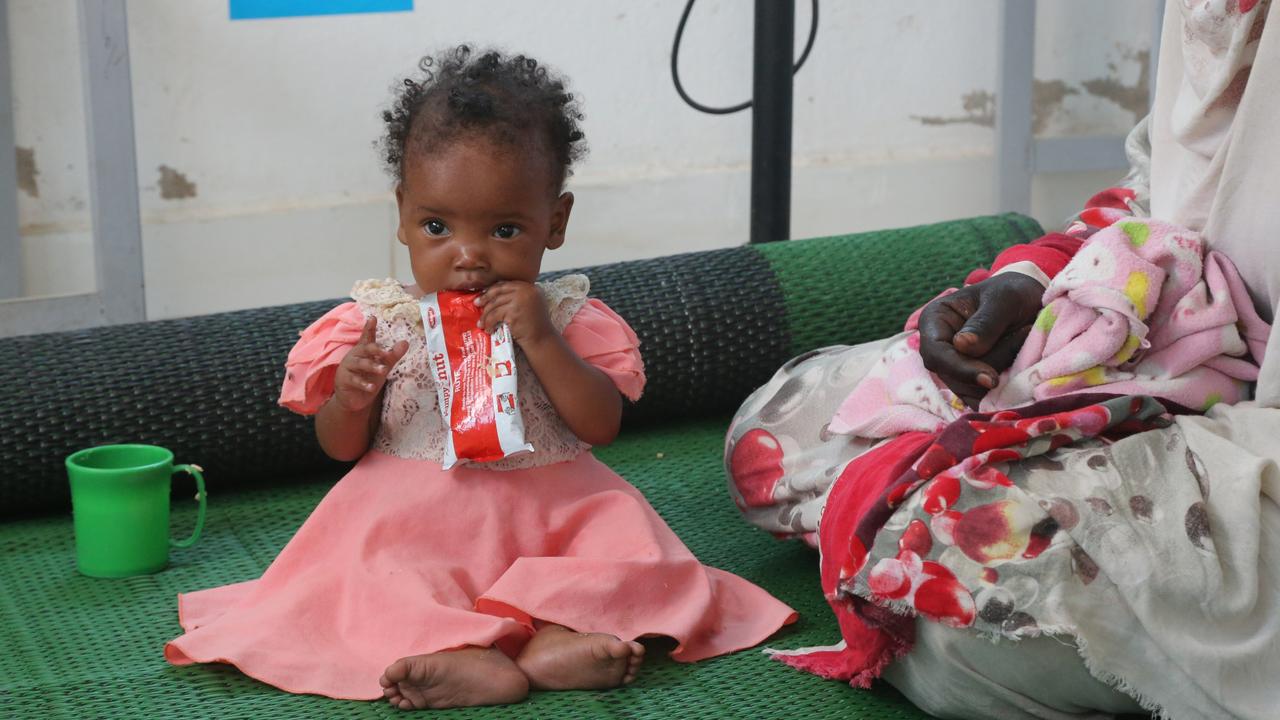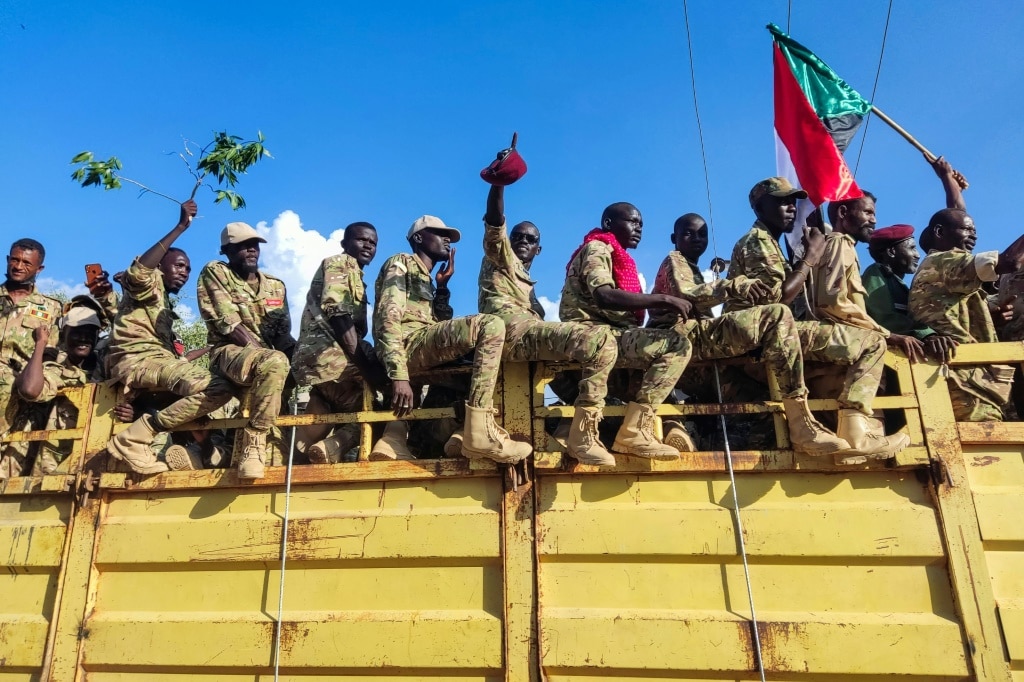Over half of Sudan’s population is projected to face famine
Under current conditions, the suffering of Sudanese civilians will be exacerbated by critical hunger levels, a new report finds.
Ongoing conflict in Sudan has uprooted 12 million people and created the largest displacement crisis in history.
Now, devastating famine is projected to rip “wider and deeper” into the country, according to a UN-backed report.
The Integrated Food Security Phase Classification (IPC) review has found the famine has hit refugee camps and displaced communities the hardest.
The IPC is a multi-partner initiative that global governments, UN agencies, non-governmental organisations use to determine the severity and magnitude of acute and chronic food insecurity.

The organisation describes famine as “the most extreme manifestation of human suffering, representing a catastrophic collapse of the systems and resources essential for survival.”
In August, the organisation detected Level 5 ‘Catastrophe’ levels of food insecurity in Zamzam, Sudan’s largest displacement camp.
From the period of October to November 2024, the report found famine had persisted and spread to other camps in North Darfur, as well as among residents and displaced communities in the Nuba Mountains, in the southern Kordofan region.
The civil war began in April 2023 when fighting erupted in the nation’s capital between the Sudanese Armed Forces and the Rapid Support Forces (RSF) in the nation’s capital, Khartoum.

Since then, the warring parties have been deadlocked in a violent power struggle in which 61,000 have died in the capital alone, according to a study by the Sudan Research Group.
Over 90% of deaths in Khartoum went unrecorded, suggesting the death toll in other regions is also significantly higher than recorded figures.
The study also found that the leading cause of death was preventable disease and starvation.
Under current conditions, the IPC deduced that by May 2025, famine was likely to spread to five additional localities of North Darfur, including el-Fasher, the capital of North Darfur.
It projected that the famine will also spread to 17 additional areas in western and central Sudan.

24.6 million civilians are already facing high levels of acute food insecurity. This includes 638,000 (1 per cent of the total population) at Level 5 ‘Catastrophe’ levels.
Factors contributing to the famine included disrupted trade routes, the collapse of financial systems, displacement, high food prices and currency depreciation.
UN experts have also accused the warring parties of using “starvation tactics” against the civilian population.
The IPC concluded that a “ceasefire” alongside “multi-sectorial humanitarian assistance” was crucial to reduce the ballooning risk of critical famine.
Otherwise, food access is going to continue to cover less than 10% of the population, as it did in the areas under review.
More Coverage
In response to the IPC’s report, the Sudanese government suspended its participation in the global hunger monitoring system, according to a letter obtained by Reuters.
It accused the IPC of “issuing unreliable reports that undermine Sudan’s sovereignty and dignity.”
– With additional reporting from AFP.





